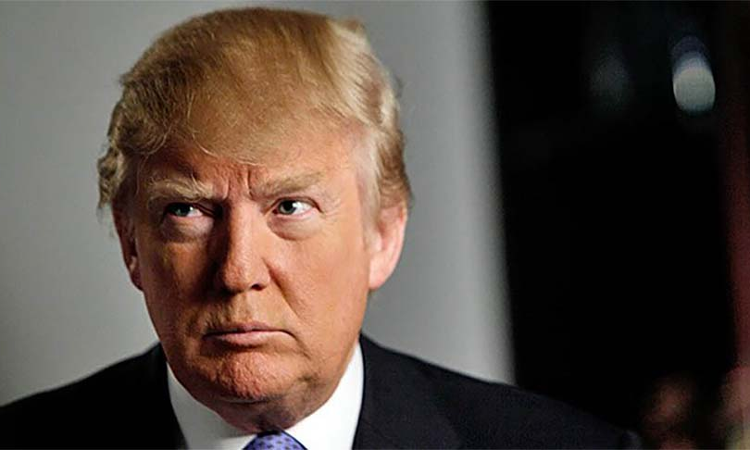Next Story
14 March 2024 8:45 AM IST
The United States Supreme Court unanimously ruled on Monday that former President Donald J. Trump should remain on Colorado's primary ballot. The ruling comes after a challenge to his eligibility for another term, based on Section 3 of the 14th Amendment, which bars insurrectionists from holding office. All justices agreed that individual states cannot bar candidates for federal office...

